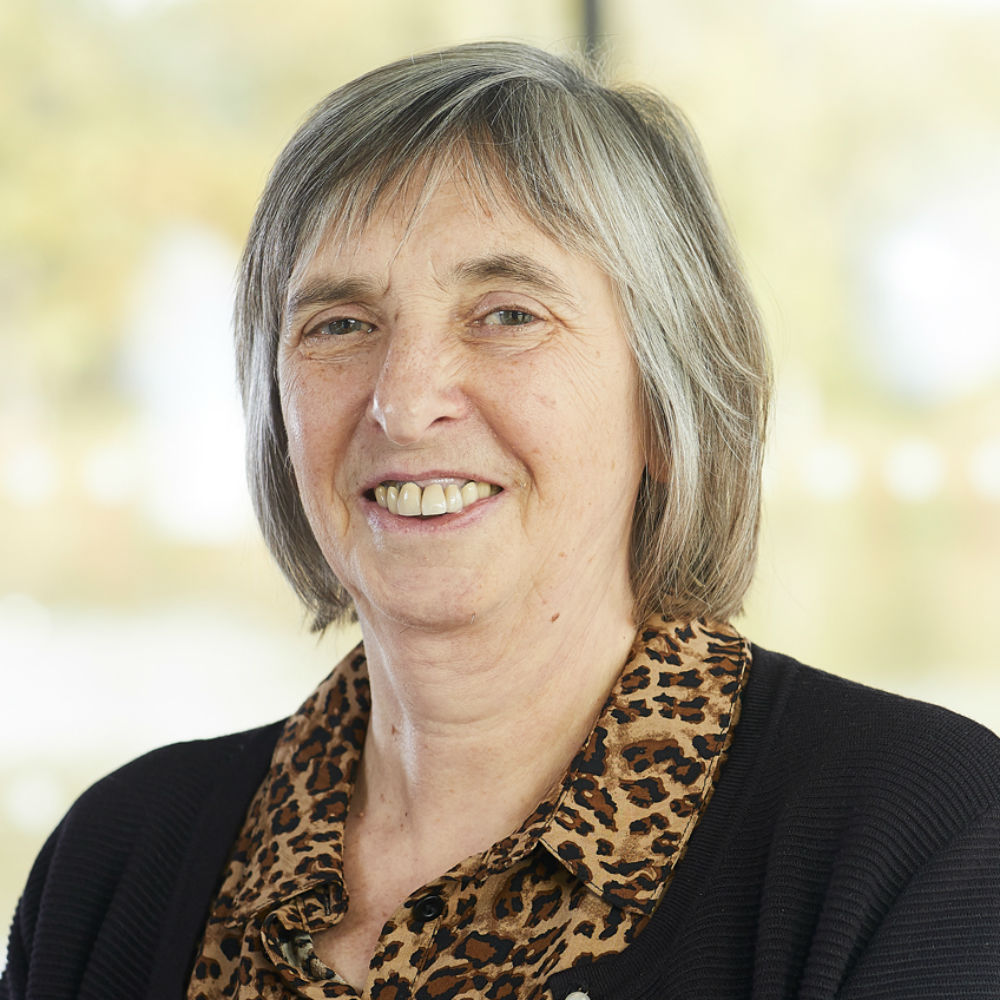Dr Kyle Jerro, Chair of our LGBTQ Forum, and Professor Christine Raines, our Inclusion Champion for our trans community, explain how you can display your pronouns on Zoom to create an inclusive and supportive remote working environment.
You might have noticed that a significant number of our University community include their pronouns in their email signature, or you may have seen staff and students wearing a pronoun badge. We launched our Pronouns Awareness Initiative in 2018, which helped to build awareness around thinking about pronouns. We encourage our staff and students to state their pronouns when introducing themselves in meetings, and to include pronouns in email signatures, as this helps to avoid marginalisation of our trans, genderqueer, gender fluid and non-binary communities.
From Autumn 2019, our Council adopted the practice of including their pronouns in their name plates used for in-person meetings, and now that meetings have moved to Zoom, they have updated their display name to also include their pronouns.
Now that most of us are working remotely, we encourage every member of the University community to include their pronouns on Zoom.
This can be done by following these two simple steps:
Step 1: Login to Zoom on your web browser, and select ‘Profile’.
Step 2: You’ll see your name at the top of the page – click ‘Edit’ and you can add your pronouns to the end of your last name.
For example, our display names now read as ‘Kyle Jerro (they/them/theirs)’ and ‘Christine Raines (she/her/hers)’. If you want to learn more about pronouns, you can read about them online.
We encourage people to include the disclosing of their pronouns at the beginning of Zoom meetings during introductions. For example, “My name is Kyle Jerro. I’m a lecturer in Language and Linguistics, and my pronouns are ‘they/them/theirs.’” All of us including our pronouns in our introductions normalises pronouns.
Using peoples’ pronouns is the bare minimum in supporting trans, non-binary, genderqueer and gender fluid colleagues and students. If you make a mistake, correct yourself, briefly apologise and move on.
Staff can also get involved in our LGBTQ staff network, which includes the LGBTQ Staff Forum and LGBTQ Allies. Staff who are members of the LGBTQ+ community can join the LGBTQ Staff Forum by subscribing to the mailing list, and you can also reach out directly to the Chair, Kyle Jerro at k.jerro@essex.ac.uk. Staff who are not members of the LGBTQ+ community but would like to be involved in advocating for LGBTQ+ people can join the Allies.
You can also read about our approach to supporting trans and non-binary staff, which is a resource for our trans and non-binary staff, as well as for colleagues and managers.

